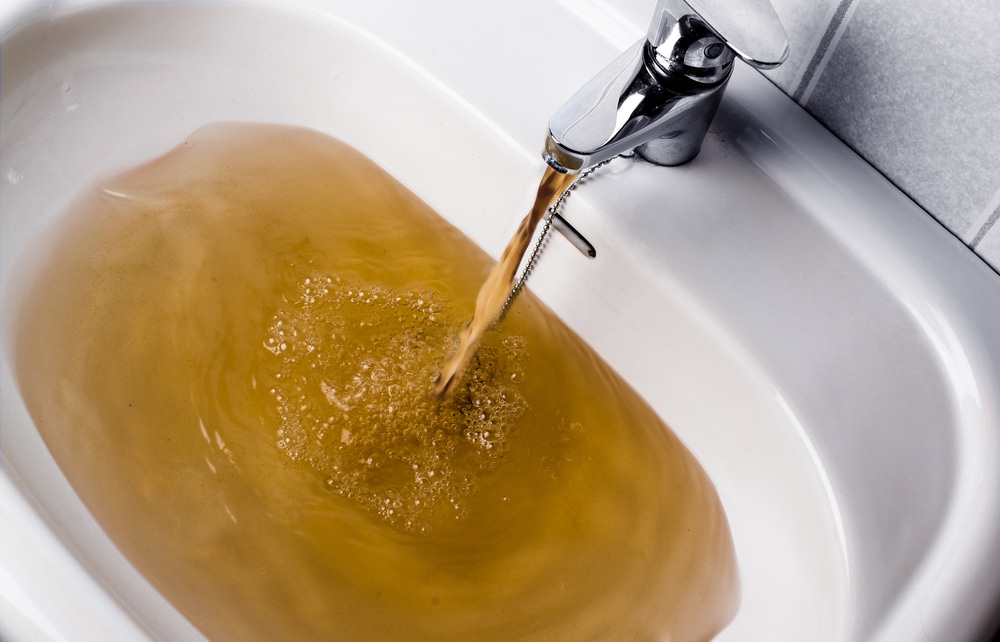Every homeowner who has suffered through a cold shower early in the morning will attest to the value of their home’s water heater. This unsung hero gets little credit for all the hot water it provides. But as soon as there is no hot water, it gets bombarded with blame. Homeowners are not considering that their water heater needs some maintenance and TLC from time to time if they want to continue to enjoy hot showers.
Corrosion Is The Enemy
Modern water heaters are composed of many essential components. But the great news for homeowners is that a skilled plumber can repair almost any part that fails on a water heater. The only exception to this is damage to the holding tank of the unit. Once there is rust and corrosion damage to the tank’s wall, the unit is compromised and no longer safe to use in your home.
It might sound like a sales ploy to sell you a new water heater. But that is not the case. No reputable or honest plumber will ever offer to patch even the tiniest of holes in the wall of a traditional water heater tank. Any attempt to make this kind of repair creates a severe safety hazard for anyone in your home. When the patch fails, extremely hot water will come rushing out of the tank and result in severe burns. Also, if there are electrical outlets or electrical appliances near the water heater, there could be the potential for severe electrical shock.
How To Spot Corrosion
There are several very reliable indications of corrosion in your water heater. The first is rust-colored hot water. You might also notice rust or corrosion on the valves, drains, or water lines near your water heater. All of these should be encouraging you to call (214) 388-8838 for a professional water heater inspection.
How To Prevent Corrosion In Your Water Heater
Draining and flushing your water heater tank is the most critical maintenance process that must be completed each year. Draining the tank removes all of the sediment and mineral build-up that has settled into the tank’s bottom. And flushing the tank once it is drained is just an extra precaution to ensure that all the sediment is removed.
In addition to preventing premature corrosion and rust in your water heater, draining and flushing the tank can also increase the unit’s efficiency. As the sediment builds up inside the tank, it acts as an insulator between the water and the heating element. The more the sediment increased, the more energy it takes to heat your water. Don’t be surprised if your energy bill drops and your hot water is a little warmer after each year’s tank flushing.
The second essential item on your water heater maintenance list is to inspect the anode rod. This metal rod is inserted through the top of your water heater. It contacts the water and the wall of the holding tank to protect the tank from galvanic corrosion. In simple terms, the anode rod is more corrosive than the wall of the holding tank. So the electrochemical process created by metal and water eats away the rod before it begins to attack your water heater tank walls. But due to the nature of its job, the rod erodes and must be replaced every few years. Installing a new rod as needed is an essential step in extending your water heater tank’s life.
To learn more about protecting your water heater from destructive corrosion or schedule water heater service, call (214) 388-8838 to speak to a Flow Plumbing professional.













